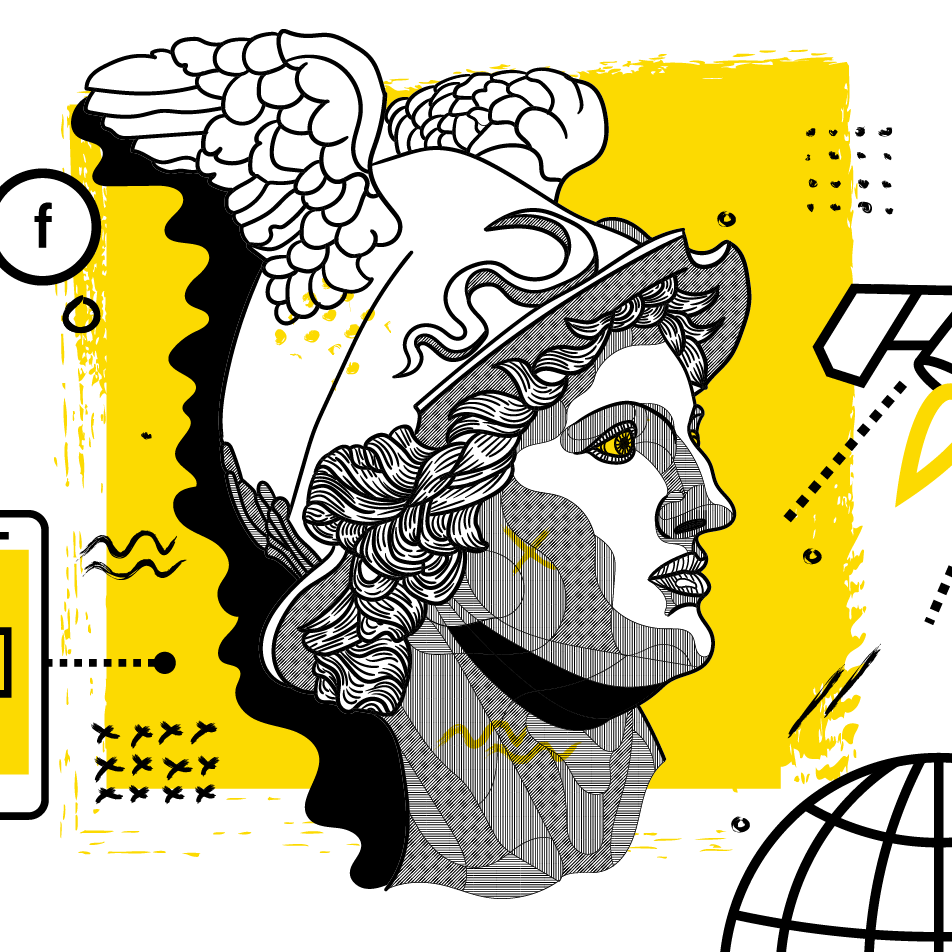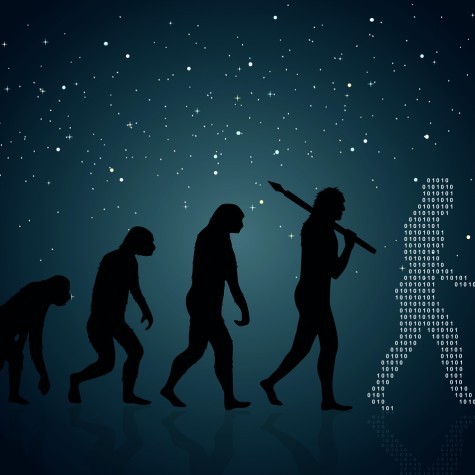We grow by sharing our experience, knowledge and expertise/

Digital Marketing and the Internet of Things
To understand the role of digital of marketing within the context of the Internet of Things, one really needs to understand the buzz surrounding the term.
What exactly is the Internet of Things (IoT)?
ZDNet surmises the notion of the IoT rather eloquently:
‘The Internet of Things will consist primarily of machines talking to one another, with computer-connected humans observing, analysing and acting upon the resulting 'big data' explosion’.
Marketo describes IoT as follows:
‘It is the interconnectivity of our digital devices that provides endless opportunities for brands to listen and respond to the needs of their customers – with the right message, at the right time, on the right device’.
But what does this actually mean?
Well, imagine how far the internet has advanced globally from its conception to now. As it has developed, so too has the connectivity between computing devices and the content in which web servers are delivering.
As a result, it is widely regarded that the next phase in this evolution of the worldwide web will to some extent see the decline of the human element in generating internet traffic.
Instead, as far as the IoT is concerned, machine to machine communication will take over. And as the folks at Wired explain, it will be “built on cloud computing and networks of data-gathering sensors; it’s mobile, virtual, and instantaneous connection; and they say it’s going to make everything in our lives from streetlights to seaports “smart.”
So what exactly are the ‘things’ in the IoT then?
They’re tangible objects whose identity or state (or the state of their surroundings) can in one way or another be transmitted to an internet connected IT infrastructure. This can be anything. From a living being, to a package on a cargo plane, a washing machine, your kettle or even soil on the ground.
Simply put, it is any one thing that can be attached to a sensor that has the ability to collect and/or distribute data.
What is data?
It’s any piece of information pertaining to the ‘thing’ from which that information is being drawn.
Whether it’s to measure electricity output, estimate time-of-arrivals, determine temperature, or establish the soil quality of agricultural land, sensors can gather this data and disseminate it accordingly.
So what effect will the IoT have on marketing online?
Well for starters, it’s noteworthy to understand the influence that the IoT will have on our day to day lives. Or the impact that it is already having. As The Guardian reports, “a recent report from Gartner says there will be 4.9bn connected things in 2015, rising to 25bn by 2020”.
As a result, brands are realizing that if they have any hope of communicating to their consumers in an optimal manner, they need to rethink the way they talk to those consumers via the devices, and the things that they are reaching for.
And as The Guardian article further purports, “a precise understanding of where, when and how your brand should appear illuminates the right opportunities and ensures you emerge in sensible, welcoming ways”.
This is particularly important for marketers who are looking for ways to start a conversation with consumers across devices.
The IoT makes this easier because through the expansive data that it will make available, consumer behavior will be made easier to identify, analyze and understand.
And so Digital Marketing will be revolutionized.
This is clear by the mere volume of real-time information that will become available, allowing marketers to monitor and respond to the needs of their customers almost instantly. Or as Marketo says in their infographic:
‘From our homes, cars, offices, wearables, and more, this data presents enormous opportunity for marketers to interpret smart device data, shape trends, and tailor outreach. The result? A relationship between brand and customer that is based on fact, is relevant, and helpful.’
And how will digital marketers actually use the IoT?
1. For one, they will use it to analyze the buying behaviors of customers across the platforms they use.
2. Marketers will be able to obtain an increasing amount of previously unattainable data about the way consumers interact with the connected devices or products.
3. Marketers will better understand the consumer buying cycle and where in the cycle the customer is.
4. IoT will enable real-time interactions, POS notifications and of course targeted (and even fully contextual) ads.
5. Customer engagement (and service) will be enhanced through the influx of smarter data that enables marketers to better understand their audience.
The take-home?
The IoT will present many opportunities to marketers as more and more devices become connected.
But for marketers to succeed in a world that is becoming fundamentally technology driven, they will need to learn to leverage the technology itself in order to benefit from its obvious data and analytics benefits so as to create a seamless customer experience that will be beneficial both to the brand and the consumer as well.
The IoT will present many opportunities to marketers as more and more devices become connected.
But for marketers to succeed in a world that is becoming fundamentally technology driven, they will need to learn to leverage the technology itself in order to benefit from its obvious data and analytics benefits so as to create a seamless customer experience that will be beneficial both to the brand and the consumer as well.




